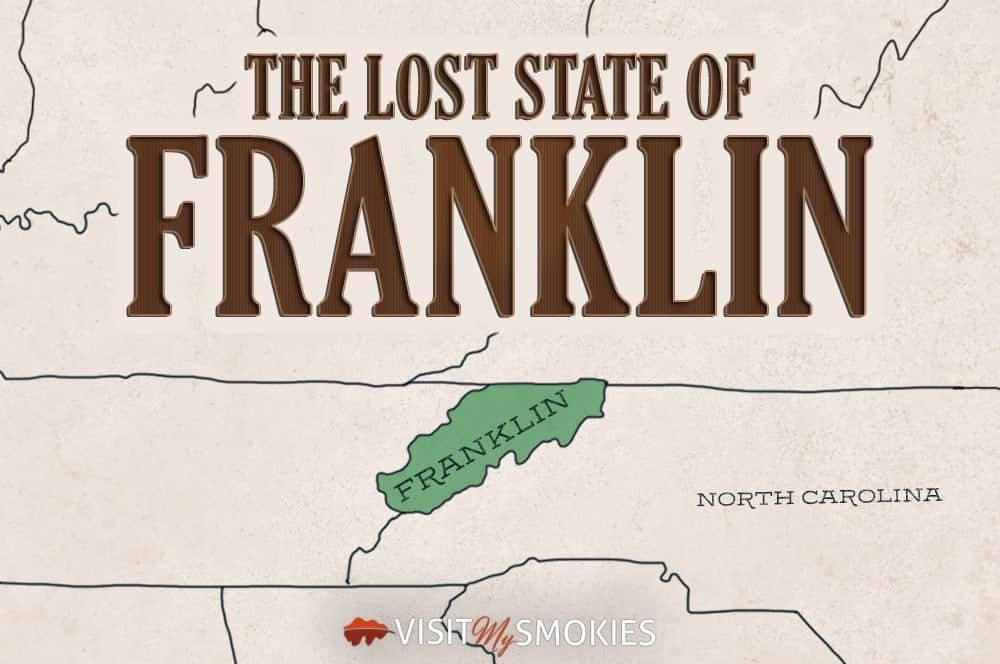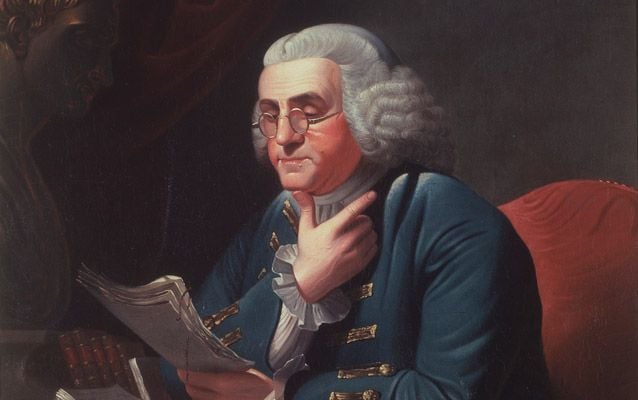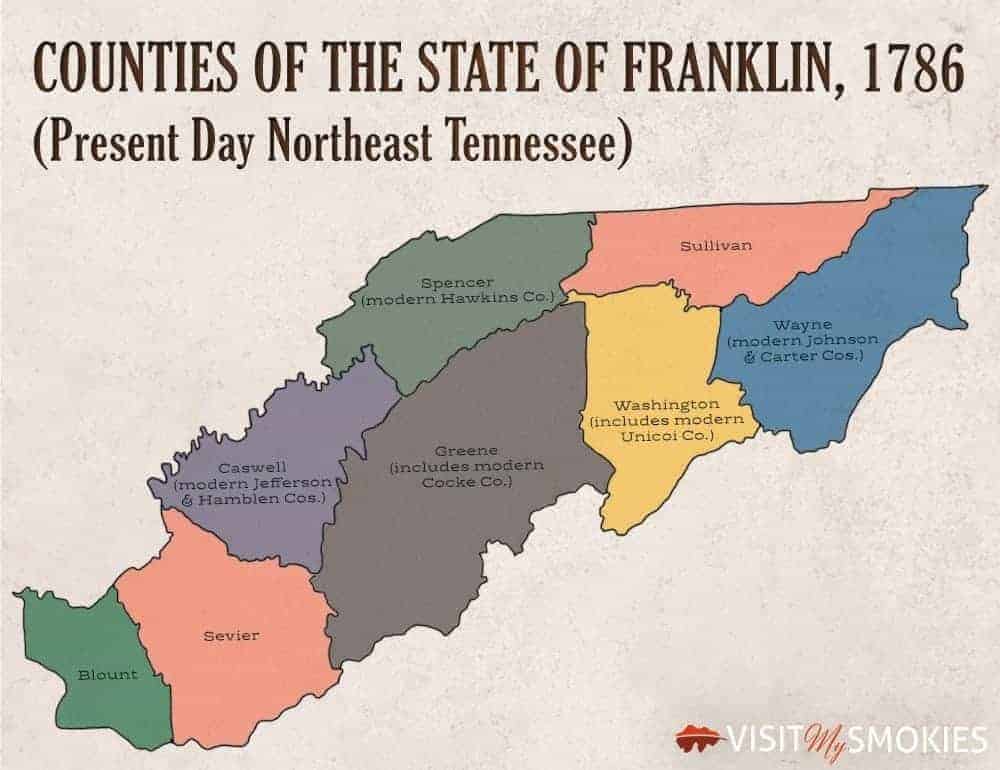IcarusPhoenix
Member
- Joined
- Jun 22, 2020
- Messages
- 16
- Reaction score
- 46
Personally, I feel that much of the success of early war eastern Confederate generals was less often about inherent strategic or tactical genius on their own part and more often due to an ability to exploit tactical errors made by their opponents.
However, the assertion often made that the Confederacy had a greater share of talent at the opening of the war or benefited from an alleged "military tradition" ignores something that has been discussed to death and that many of the more fervent proponents of southern arms don't really like to think about - the non-universality of support for secession within the seceded states.
Cullum's Register (a biographical register of all USMA graduates maintained to this day) shows that 330 of the 820 West Point graduates still in active service were from states in rebellion. Of those 330, 162 remained loyal to the Union. In addition to the 168 who joined the Confederate Army, there were an additional 16 active duty officers from non-insurrectionist states who did the same.
Of the 425 living graduates who had left the army in the years preceding the war, 145 were from insurrectionist states; 98 of these joined the rebellion, and the remaining 47 appear to have stayed out of military service to either side. Of the remaining 280 in civilian life from non-insurrectionist states, 1 joined the Confederate Army, and 114 returned to the US Army in one capacity or another.
This means the following:
-Of 1,245 total living West Point graduates, 283 (22.7%) served the Confederacy and 750 (60.2%) the Union, and the remaining 216 (17.3%) stayed out of the service.
-Of the 820 West Point-educated officers still in the service, 184 (22.4%) joined the Confederacy and 610 (77.6%) stayed in the US Army, while 26 appear to have left military service entirely.
-Of the 425 West Point graduates in civilian life, 99 (23.3%) joined the Confederate Army, 114 (26.8%) returned to the US Army, and 213 (50.1%) remained out of military service.
-Of the 475 living graduates from insurrectionist states, 266 (56%) joined the rebellion, 162 (34%) remained loyal, and 47 (9.8%) stayed out of military service.
-Of the 330 West Point-educated officers from insurrectionist states who were still in service, 168 (50.9%) joined the Confederate Army, and 162 (49.1%) remained in Union service.
In addition to these, a few of the 285 non-West Point officers serving in the antebellum army - many of whom were educated at private military academies - "went south". The Confederate Army received 56 such experienced officers (19.6%), while 203 (71.2%) remained in the Army and 26 (9.1%) resigned and served in neither army. Thus, of the total officer corps of the US Army at the start of the war - 1,105 men - 240 (21.7%) joined the Confederate Army, 813 (73.6%) remained in the Army, and 52 (4.7%) left the service entirely.
The Confederacy did have a larger proportion of privately educated officers available to them, both in an out of the army, most of these having been educated at VMI, supplemented by officers from The Citadel, NCMI, and a few smaller colleges. The north, by contrast, only had one large private military school, Norwich University. However, this difference ultimately was not enough to make up the above deficit of experience in the upper echelons, as very few of those graduates had ever seen active service (unlike their West Point counter-parts), most having never served in a military capacity outside of their local militias.
It is worth noting that VMI was by far the largest private military school, and was so large that it actually turned out much larger gradating classes than West Point; there were 1,902 living graduates at the war's opening, despite VMI being only twenty-two years old at the time. While 1,791 would serve in the Confederate Army and only 19 in the Union (92 not entering military service on either side), only 12 rose to the rank of general. The next-largest military school in the south (and third-largest overall), The Citadel, only provided 175 officers to the Confederate Army - 6 of them generals - and as near as I can figure, none to the Union.
The second-largest private military college - and only sizable one in the north - was Norwich University, which provided the Confederacy with 34 officers and the Union with 523.
Thanks to the massive numbers of VMI graduates, it does appear at first blush - and without proper examination - that the Confederacy did have a larger combined pool of trained and/or experienced officer talent from which to draw at the beginning of the war, approximately 2,400 men (75% of them VMI grads) to the Union's approximately 1,800. Certainly one could argue whether or not VMI, Citadel, or Norwich graduates were as well-trained as their West Point counter-parts, but I think the war certainly demonstrated that they did indeed have equal or near-equal potential, at least at the company and field levels.
That being said, experience matters, and in this, the Confederacy was woefully outmatched. Less than a quarter (about 500) of their trained officers also had any real military experience, whereas more than half (around 1,000) of the trained Union officers did. When experience becomes the primary factor considered - which it should be when it's the beginning of hostilities and your armies and officers as yet lack combat records with which to compare their merits - then the Confederate Army's seeming 4-to-3 advantage in officers becomes a very concerning 2-to-1 deficit. Put simply, the insurrectionists had a surplus of potential lieutenants, but a dearth of potential colonels.
Ultimately, the Confederacy had a comparative deficit of properly experienced officers at the beginning of the war, but they had one huge advantage as well: Jefferson Davis. Davis - as something of a control freak - got intimately involved in military organization and administration to an absurd degree, but the benefit of that was a far better utilization of existing military talent at the beginning of the war, while Union talent often still had to earn their way to the top over time alongside talented amateurs and the politically well-connected. The downside, of course, was that Davis' frequent inability to see past his personal disputes meant that his micromanagement of the Army went from an minor advantage at the beginning of the war to an increasing handicap as the war dragged on.
In short, the Confederacy did not have superior military leadership available to them; far from it, in fact. What they did have was far superior allocation of the talent they had at the very beginning of the war.
Additional references for above numbers:
George W. Cullum: Biographical Register of the Officers and Graduates of the U.S. Military Academy
Ezra J. Warner: Generals in Grey
Ezra J. Warner: Generals in Blue
Herman Hattaway & Archer Jones: How the North Won
Postscript: Incidentally, of the approximately 15,000 enlisted personnel in the US Army when the war started, only 26 (er, <0.2%?) are documented to have deserted to join the Confederate Army. Part of that may have had to do the fact that an officer could "resign" while an enlisted man would be counted as a deserter, and part of that may have been a class difference; officers were generally formally educated and politically active, while enlisted men were usually more apathetic about political matters.
However, the assertion often made that the Confederacy had a greater share of talent at the opening of the war or benefited from an alleged "military tradition" ignores something that has been discussed to death and that many of the more fervent proponents of southern arms don't really like to think about - the non-universality of support for secession within the seceded states.
Cullum's Register (a biographical register of all USMA graduates maintained to this day) shows that 330 of the 820 West Point graduates still in active service were from states in rebellion. Of those 330, 162 remained loyal to the Union. In addition to the 168 who joined the Confederate Army, there were an additional 16 active duty officers from non-insurrectionist states who did the same.
Of the 425 living graduates who had left the army in the years preceding the war, 145 were from insurrectionist states; 98 of these joined the rebellion, and the remaining 47 appear to have stayed out of military service to either side. Of the remaining 280 in civilian life from non-insurrectionist states, 1 joined the Confederate Army, and 114 returned to the US Army in one capacity or another.
This means the following:
-Of 1,245 total living West Point graduates, 283 (22.7%) served the Confederacy and 750 (60.2%) the Union, and the remaining 216 (17.3%) stayed out of the service.
-Of the 820 West Point-educated officers still in the service, 184 (22.4%) joined the Confederacy and 610 (77.6%) stayed in the US Army, while 26 appear to have left military service entirely.
-Of the 425 West Point graduates in civilian life, 99 (23.3%) joined the Confederate Army, 114 (26.8%) returned to the US Army, and 213 (50.1%) remained out of military service.
-Of the 475 living graduates from insurrectionist states, 266 (56%) joined the rebellion, 162 (34%) remained loyal, and 47 (9.8%) stayed out of military service.
-Of the 330 West Point-educated officers from insurrectionist states who were still in service, 168 (50.9%) joined the Confederate Army, and 162 (49.1%) remained in Union service.
In addition to these, a few of the 285 non-West Point officers serving in the antebellum army - many of whom were educated at private military academies - "went south". The Confederate Army received 56 such experienced officers (19.6%), while 203 (71.2%) remained in the Army and 26 (9.1%) resigned and served in neither army. Thus, of the total officer corps of the US Army at the start of the war - 1,105 men - 240 (21.7%) joined the Confederate Army, 813 (73.6%) remained in the Army, and 52 (4.7%) left the service entirely.
The Confederacy did have a larger proportion of privately educated officers available to them, both in an out of the army, most of these having been educated at VMI, supplemented by officers from The Citadel, NCMI, and a few smaller colleges. The north, by contrast, only had one large private military school, Norwich University. However, this difference ultimately was not enough to make up the above deficit of experience in the upper echelons, as very few of those graduates had ever seen active service (unlike their West Point counter-parts), most having never served in a military capacity outside of their local militias.
It is worth noting that VMI was by far the largest private military school, and was so large that it actually turned out much larger gradating classes than West Point; there were 1,902 living graduates at the war's opening, despite VMI being only twenty-two years old at the time. While 1,791 would serve in the Confederate Army and only 19 in the Union (92 not entering military service on either side), only 12 rose to the rank of general. The next-largest military school in the south (and third-largest overall), The Citadel, only provided 175 officers to the Confederate Army - 6 of them generals - and as near as I can figure, none to the Union.
The second-largest private military college - and only sizable one in the north - was Norwich University, which provided the Confederacy with 34 officers and the Union with 523.
Thanks to the massive numbers of VMI graduates, it does appear at first blush - and without proper examination - that the Confederacy did have a larger combined pool of trained and/or experienced officer talent from which to draw at the beginning of the war, approximately 2,400 men (75% of them VMI grads) to the Union's approximately 1,800. Certainly one could argue whether or not VMI, Citadel, or Norwich graduates were as well-trained as their West Point counter-parts, but I think the war certainly demonstrated that they did indeed have equal or near-equal potential, at least at the company and field levels.
That being said, experience matters, and in this, the Confederacy was woefully outmatched. Less than a quarter (about 500) of their trained officers also had any real military experience, whereas more than half (around 1,000) of the trained Union officers did. When experience becomes the primary factor considered - which it should be when it's the beginning of hostilities and your armies and officers as yet lack combat records with which to compare their merits - then the Confederate Army's seeming 4-to-3 advantage in officers becomes a very concerning 2-to-1 deficit. Put simply, the insurrectionists had a surplus of potential lieutenants, but a dearth of potential colonels.
Ultimately, the Confederacy had a comparative deficit of properly experienced officers at the beginning of the war, but they had one huge advantage as well: Jefferson Davis. Davis - as something of a control freak - got intimately involved in military organization and administration to an absurd degree, but the benefit of that was a far better utilization of existing military talent at the beginning of the war, while Union talent often still had to earn their way to the top over time alongside talented amateurs and the politically well-connected. The downside, of course, was that Davis' frequent inability to see past his personal disputes meant that his micromanagement of the Army went from an minor advantage at the beginning of the war to an increasing handicap as the war dragged on.
In short, the Confederacy did not have superior military leadership available to them; far from it, in fact. What they did have was far superior allocation of the talent they had at the very beginning of the war.
Additional references for above numbers:
George W. Cullum: Biographical Register of the Officers and Graduates of the U.S. Military Academy
Ezra J. Warner: Generals in Grey
Ezra J. Warner: Generals in Blue
Herman Hattaway & Archer Jones: How the North Won
Postscript: Incidentally, of the approximately 15,000 enlisted personnel in the US Army when the war started, only 26 (er, <0.2%?) are documented to have deserted to join the Confederate Army. Part of that may have had to do the fact that an officer could "resign" while an enlisted man would be counted as a deserter, and part of that may have been a class difference; officers were generally formally educated and politically active, while enlisted men were usually more apathetic about political matters.



